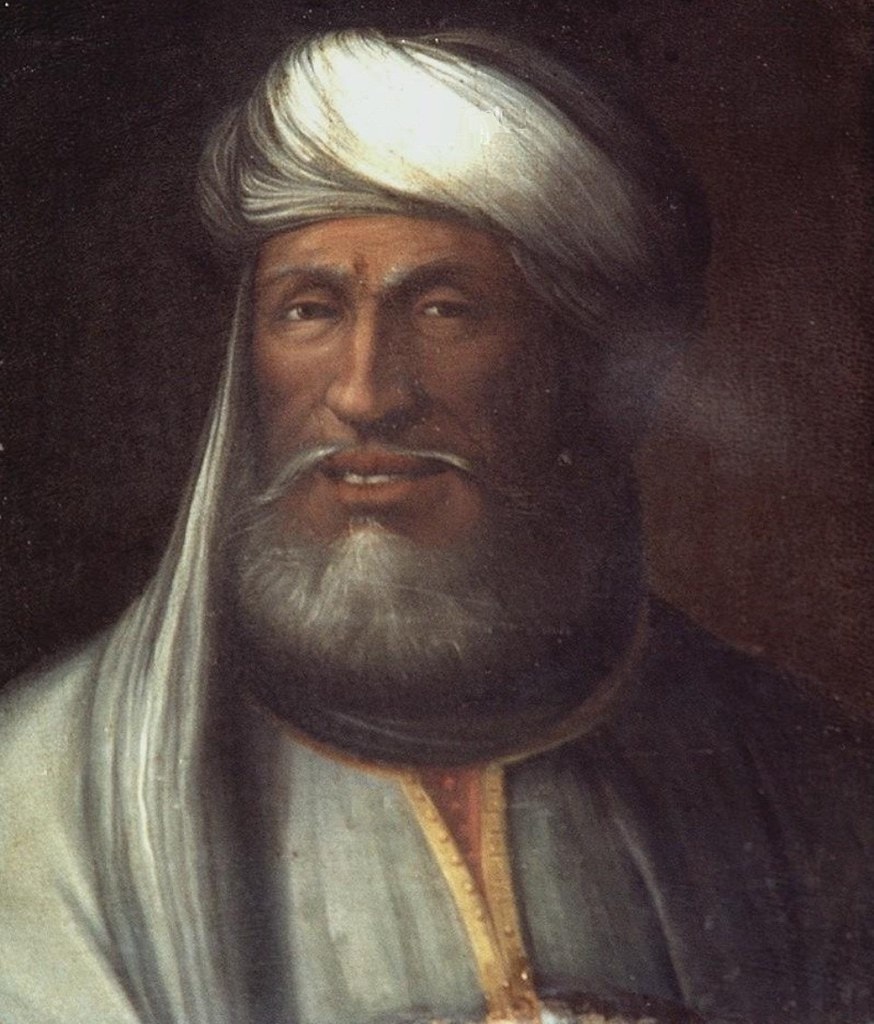
ADVERTISEMENT - CONTINUE READING BELOW
15. Instead of Getting Rewarded for His Great Deeds, This General Was Punished and Ended His Life as a Beggar
Tariq ibn Ziyad eventually met and fought a Visigoth army about three times bigger than his own, at the Battle of Guadalete in 712. He won a complete victory, in which the Visigoth king and much of the Visigoth nobility were slain. Tariq then proceeded to capture the Visigoth capital city of Toledo. He next split his small army into smaller divisions, conducted a lightning campaign against the demoralized Visigoths, and captured many of their major cities, such as Granada, Cordoba, and Guadalajara. Tariq then governed Hispania until the arrival of his master, Musa, a year later. However, Musa was reportedly envious of his slave’s stunning accomplishments. In one of the Middle Ages’ greatest acts of ingratitude, rather than reward Tariq, Musa put him in chains and had him tortured.
In 714, the Umayyad Caliph summoned Musa and Tariq to his capital, Damascus, to report on the conquest and address accusations of corruption. Upon arrival at the Caliph’s court, Musa sought to claim the lion’s share of the credit for the conquest. Tariq, however, successfully refuted his master’s claims with evidence that Musa was in North Africa while Tariq was defeating and conquering the Visigoths. Discredited, Musa was eventually convicted of corruption and imprisoned. Tariq avoided prison, but was stripped of all titles and ranks. Despite the immense riches his conquest of the Iberian Peninsula had gained for the Umayyad Caliphate, Tariq died in dire poverty – reportedly reduced to begging for alms outside mosques.

